Working with nature to safeguard our coastal communities.
Information on this page has been provided by the Our Future Coast Project Team and was correct at the time of upload. The Flood Hub is not responsible for any information held on this page.
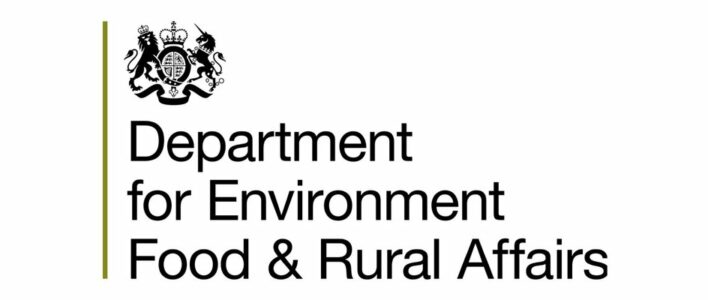


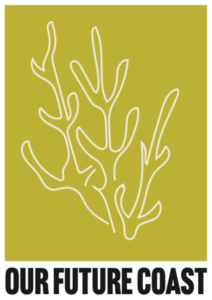
Please click here to return to the Our Future Coast Homepage
Our Future Coast is a partnership of local councils, parish councils, the Environment Agency, organisations like Lancashire Wildlife Trust and Morecambe Bay Partnership, farmers, landowners, researchers and local people. Together they are working across multiple sites along the North West Coast of England to design and test new approaches to coastal flood risk management.
In the face of coastal erosion, flooding and climate change, Our Future Coast will use nature-based solutions for sustainable coastal management.
Coastal Communities are at the front-line of climate challenge. It is not possible to protect the whole coast with hard rock and concrete, there isn’t enough money, and it is not a good long-term solution. So, we need to get really good at working with nature – using saltmarsh and sand dunes as a coastal defence. The essence of the Our Future Coast approach is designing together with our communities putting them at the heart of Our Future Coast.
Our Future Coast is:
Our Future Coast is a partnership of local councils, parish councils, the Environment Agency, organisations like Lancashire Wildlife Trust and Morecambe Bay Partnership, farmers, landowners, researchers and local people.
Our Future Coast is funded by Defra as part of the £200 million Flood and Coastal Innovation Programmes which is managed by the Environment Agency. The programmes will drive innovation in flood and coastal resilience and adaptation to a changing climate. You can find out more about this programme by clicking here.
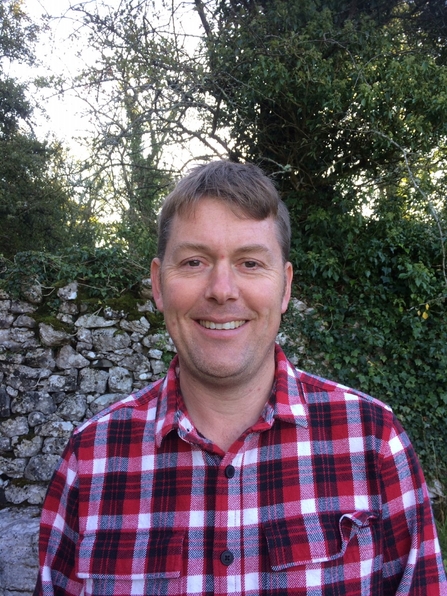
Dr Tom Burditt is Chair of the Our Future Coast Board, chairing the meetings and supporting behind the scenes. By day he is Chief Executive Officer of The Wildlife Trust for Lancashire, Manchester and North Merseyside. A resident of Morecambe Bay, he is also a trustee of the Morecambe Bay Partnership, a local Scout Leader, brass band member and keen amateur musician.
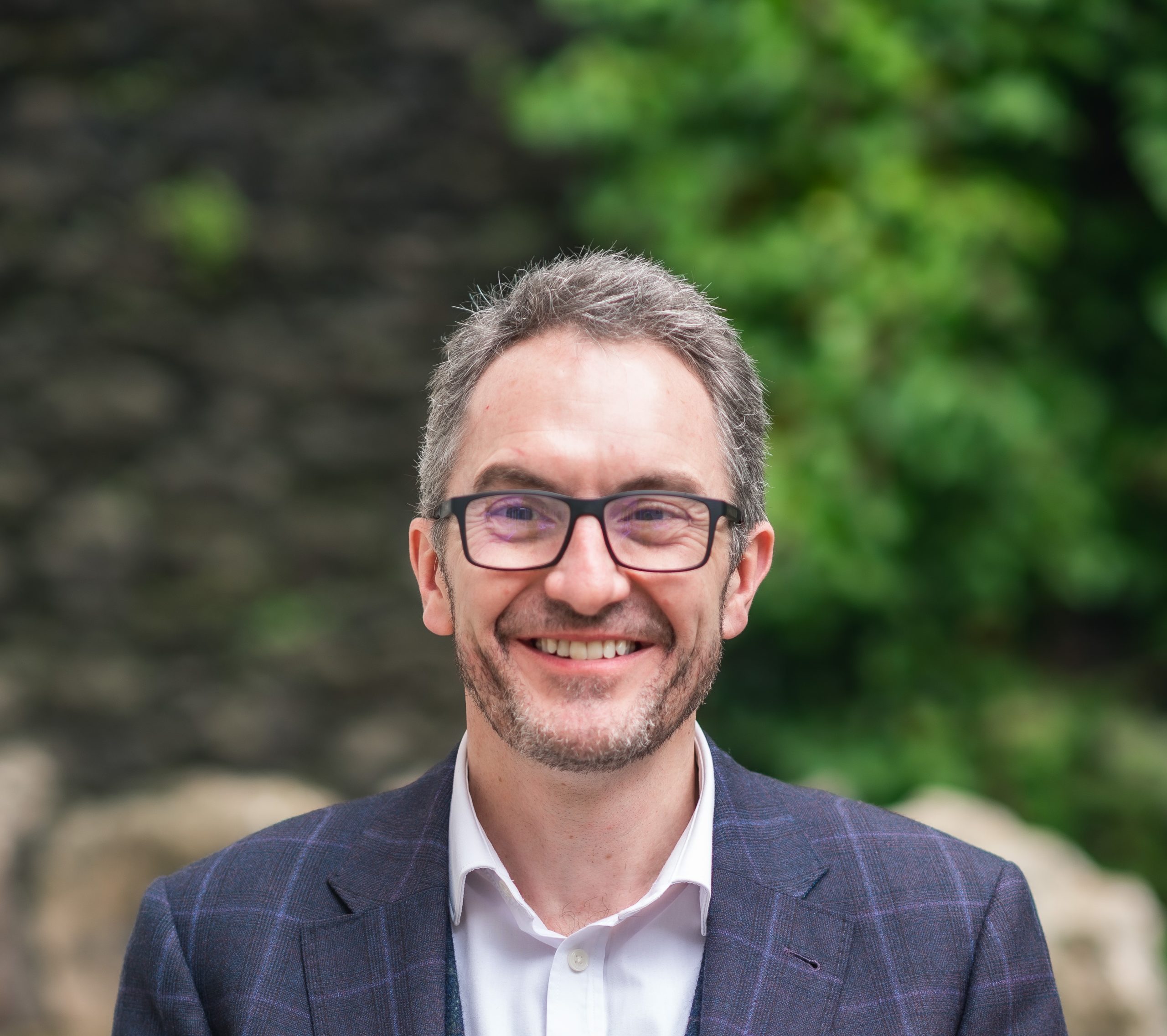
Carl has over 30 years’ experience in the design, construction and operation of coastal defences working for consultants and the Environment Agency on the East Coast before returning home to the North West in his current role as Assistant Director Engineering at Wyre Council, where he is responsible for the delivery of coastal schemes, their ongoing operations and maintenance. Carl has delivered over £100 million of coastal projects on the Wyre coastal frontage and is currently engaged in delivering the £52 million Wyre Beach and Dune Management Scheme. He is also leading on the Flood & Coast Innovation project – Our Future Coast. Carl is also chair of the North West and North Wales Coastal Group and is a Royal Engineering Officer in the Army Reserve
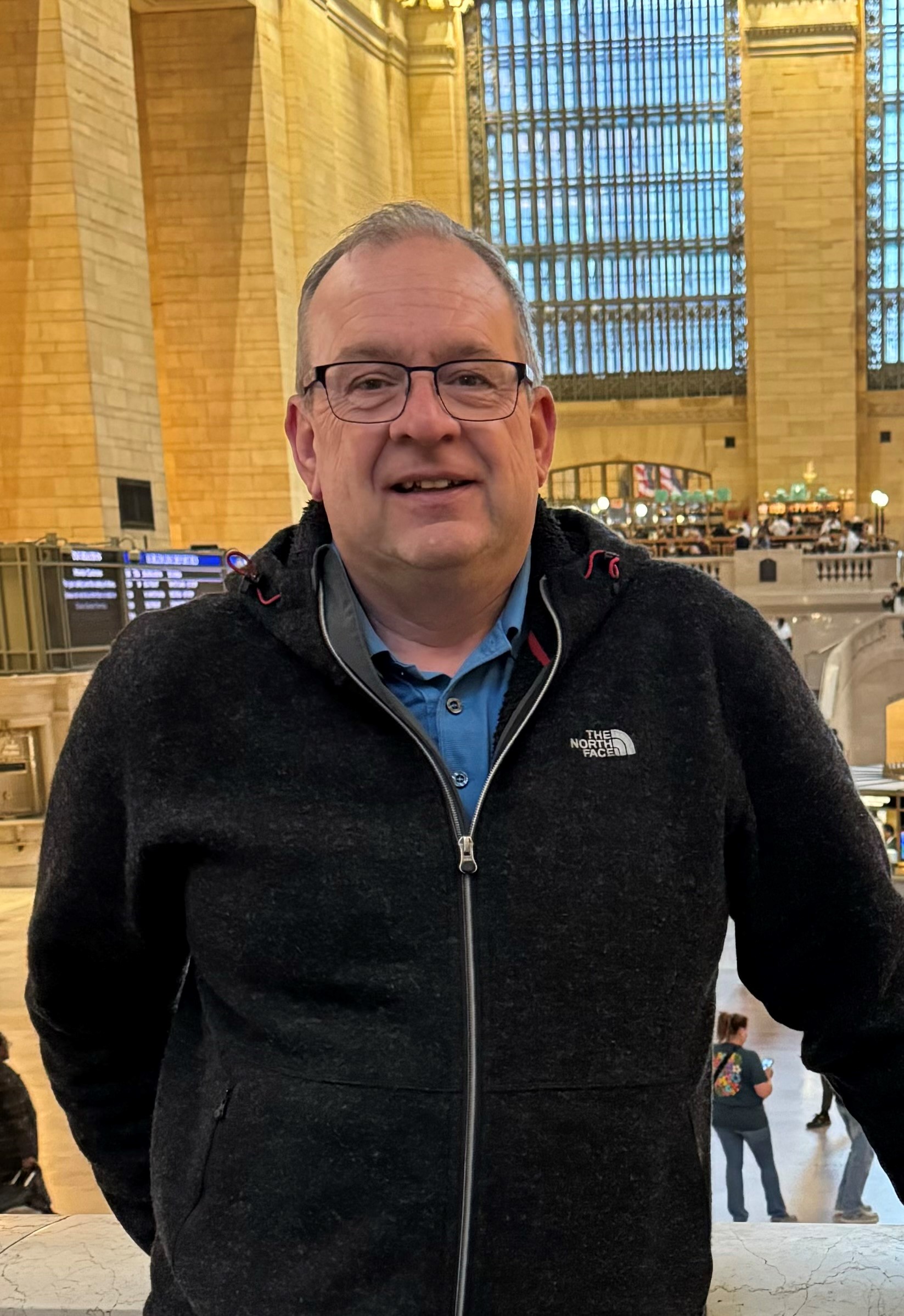
Environment Agency (EA) Area Coastal Engineer for Cumbria and Lancashire. I lead on the delivery of the EA coastal overview responsibilities in the area. This involves leading on key coastal relationships in the area, both internally and externally, particularly with coastal Risk Management Authorities, steering and advising on various coastal capital programmes and initiatives, maintaining and developing our erosion risk data and advising on our Shoreline Management Plan. I also lead on relationships with the North Wales and North West Coastal Group.

Suzana Ilic, is a Senior Lecturer at Lancaster Environment Centre, Lancaster University. She combines her expertise in coastal engineering with her interests in the marine environment, to develop solutions for challenges in coastal areas. Her main research interests are in coastal hydrodynamics and sediment interactions, coastal geomorphology and the impacts of climate change and human interventions on the future of coastal environments.
She is currently co-investigator of the research projects “4SeaFlood – Compound Flooding in Coastal Croatia under Present and Future Climate” in Croatia and Coastal Nature Lab and Coastal Natural Lab – an Open Handbook in the UK.
She works with local authorities and other organisations to deliver academic outputs as well as societal and commercial impacts. Suzana is also Coastal Advisor to the Environment Agency Northumbria Regional Flooding and Coast Committee. She is a member of the editorial board of the journal Ocean and Coastal Management.
Suzana has extensive expertise in field studies, remote sensing, laboratory and numerical modelling of coastal processes. She has guided a number of students to careers in coastal sciences, engineering and management. She is passionate about empowering coastal communities with an understanding of coastal change that enables them to take active roles in decision making about the future of coastal areas.
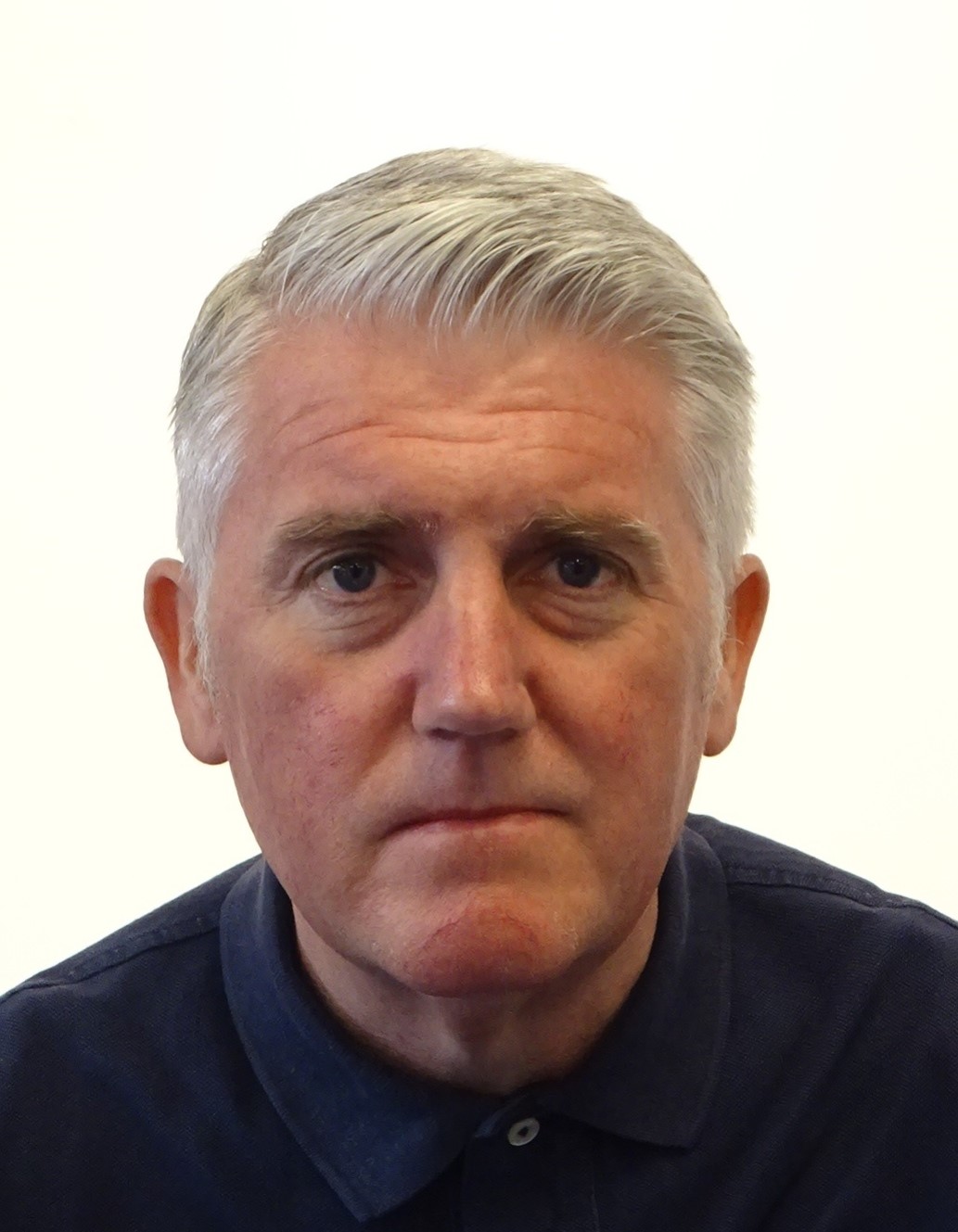
Shaun is an environmental scientist with >25years consultancy and regulatory experience. He has extensive international experience enabling 40+ infrastructure projects in Ireland, Kuwait, Hong Kong, Macau, China and St Helena. He is presently operating in a regulatory capacity at the Marine Management Organisation (MMO, UK Government) with responsibility for technical advice including defending Judicial Reviews, supporting policy officials and briefing ministers, and has led responses to marine incidents. Shaun has managed a diverse range of casework including in the renewable energy and nuclear sectors, interconnectors, sewerage infrastructure, ports and marine aggregates.
He has published >35 papers in Marine Pollution Bulletin, Environment International, Chemosphere, Environmental Pollution amongst others. He sits on the editorial board of The Habitats Regulations Assessment Journal and is a Board member of the Chartered Institution of Water and Environmental Management (CIWEM). Shaun is a Fellow of The Marine Biological Association, CIWEM, and the Royal Society of Biology.
Colin is a marine ecology consultant with 32 years’ experience. He specialises in coastal and estuarine habitat enhancement. He provides advice on habitat restoration projects throughout their life-cycle from strategic site selection to post-implementation monitoring. His extensive experience ranges from inspirational and pioneering land-scape scale adaptations, such as at Wallasea, Medmerry and Lower Otter, to smaller-scale initiatives
Communicating lessons from such projects is an important part of his career. He has been lead author of several books, papers and articles and presents regularly at conferences, workshops and training events to share findings. He also manages ABPmer’s free online database of habitat creation projects (at www.OMReg.net) and oversees a LinkedIn forum which disseminates lessons.
In addition, he is a member of national working groups seeking to advance the rate at which new habitat projects are delivered. These include the Intertidal habitat Potential Group (IHPG) and the Beneficial Use Working Group (BUWG).

Academically my background is in coastal geomorphology, with my PhD focussing on the Formby sand dune system. My particular interest lies in understanding how our coastal systems behave and will evolve in response to changing drivers and embedding this in the decisions we make about their future management. Prior to joining National Trust in 2022 I worked for many years in consultancy, specifically in the development of shoreline management plans, coastal strategies and management schemes.
My current role at National Trust involves providing advice and technical support to our property teams, who look after over 800 miles of incredibly diverse coastline across England, Wales and Northern Ireland. We face many challenges along our frontages in the face of coastal change, but this can also present opportunities to think and respond differently, working with partners and communities, to benefit both people and nature.
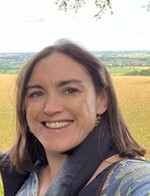
I work for Natural England as Deputy Director across the North West, this is a role which I job-share with two fantastic colleagues. I manage the work we deliver across our wonderful coastline and in the marine environment. I oversee the interactions and close working we have with Our Future Coast (OFC) to provide advice on the natural environment to ensure that nature is protected. I sit on the Our Future Coast Board, which generates fantastic cross partner discussions about delivery of the project and outcomes that are focused on enhancing nature.
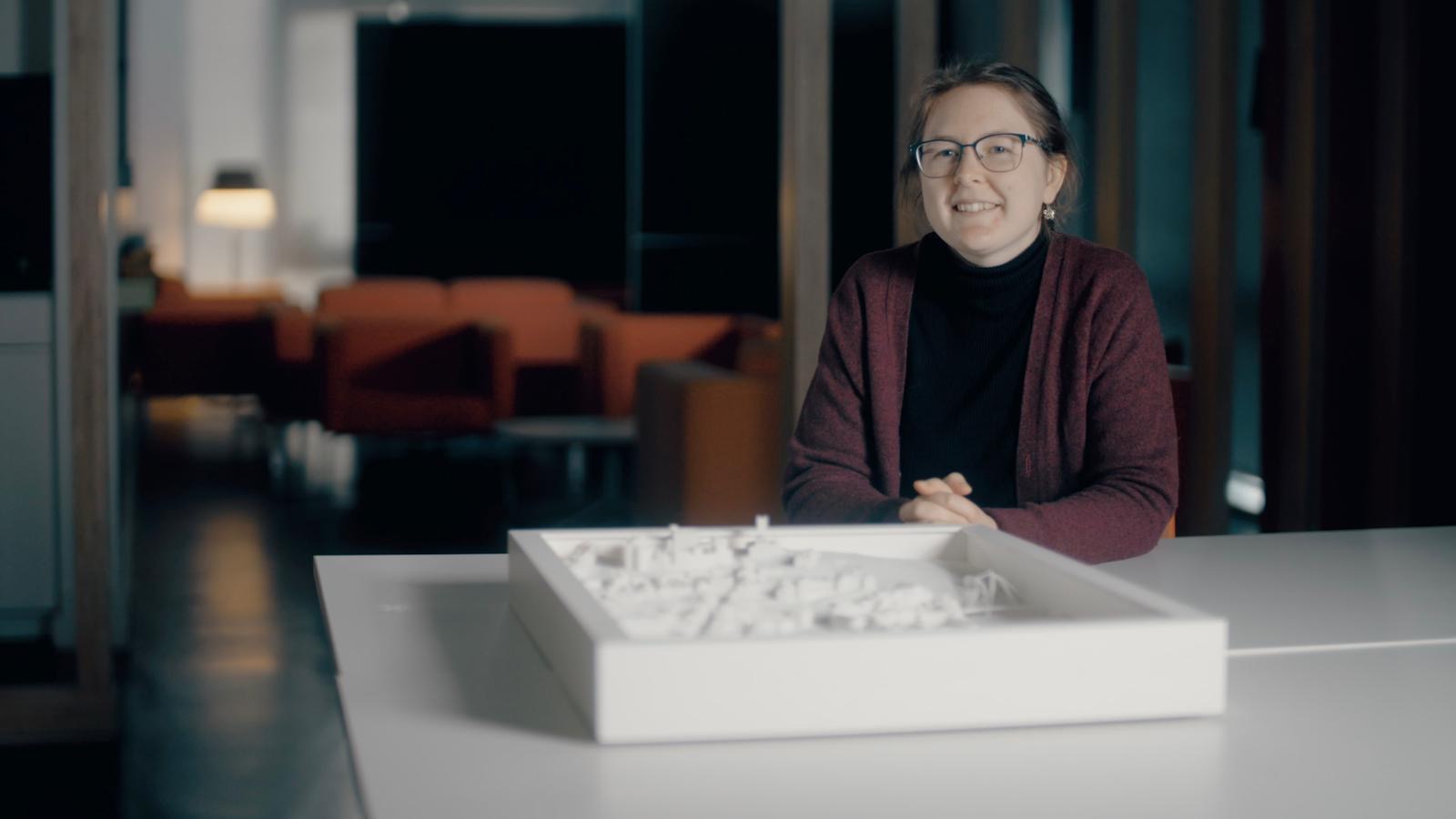
I have studied the salt marshes of Morecambe Bay since I started my MRes thesis on the pollutants captured within these marshes. I have been involved with OFC since the beginning, and have managed site level delivery at Hest Bank before moving into the Programme Manager role in early 2025. It is a very exciting programme, and I am looking forward to sharing all the valuable outputs and learnings it provides.
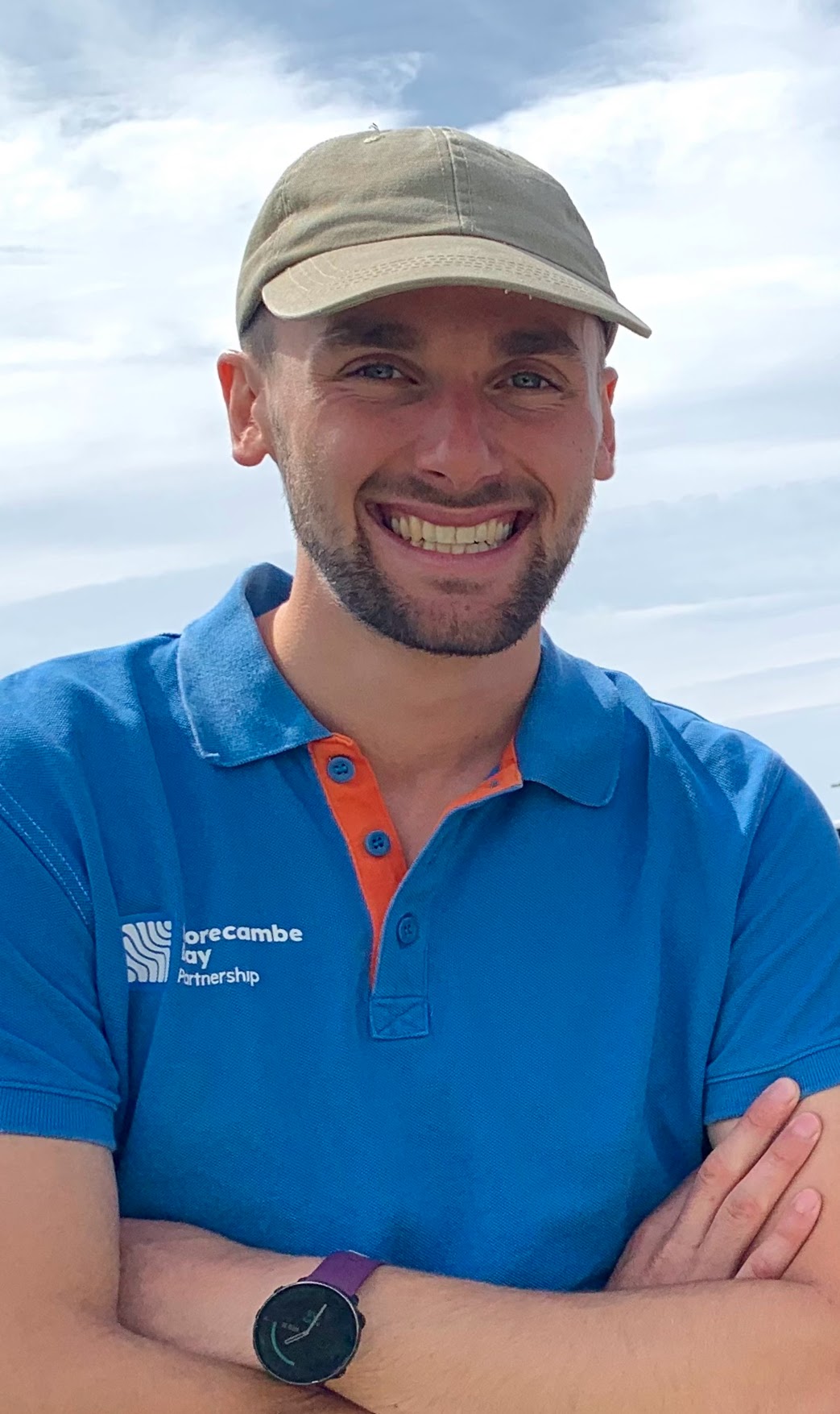
With a background in geography and passionate about working with coastal communities, Joseph supports the team as an engagement officer for the Northern Our Future Coast sites.
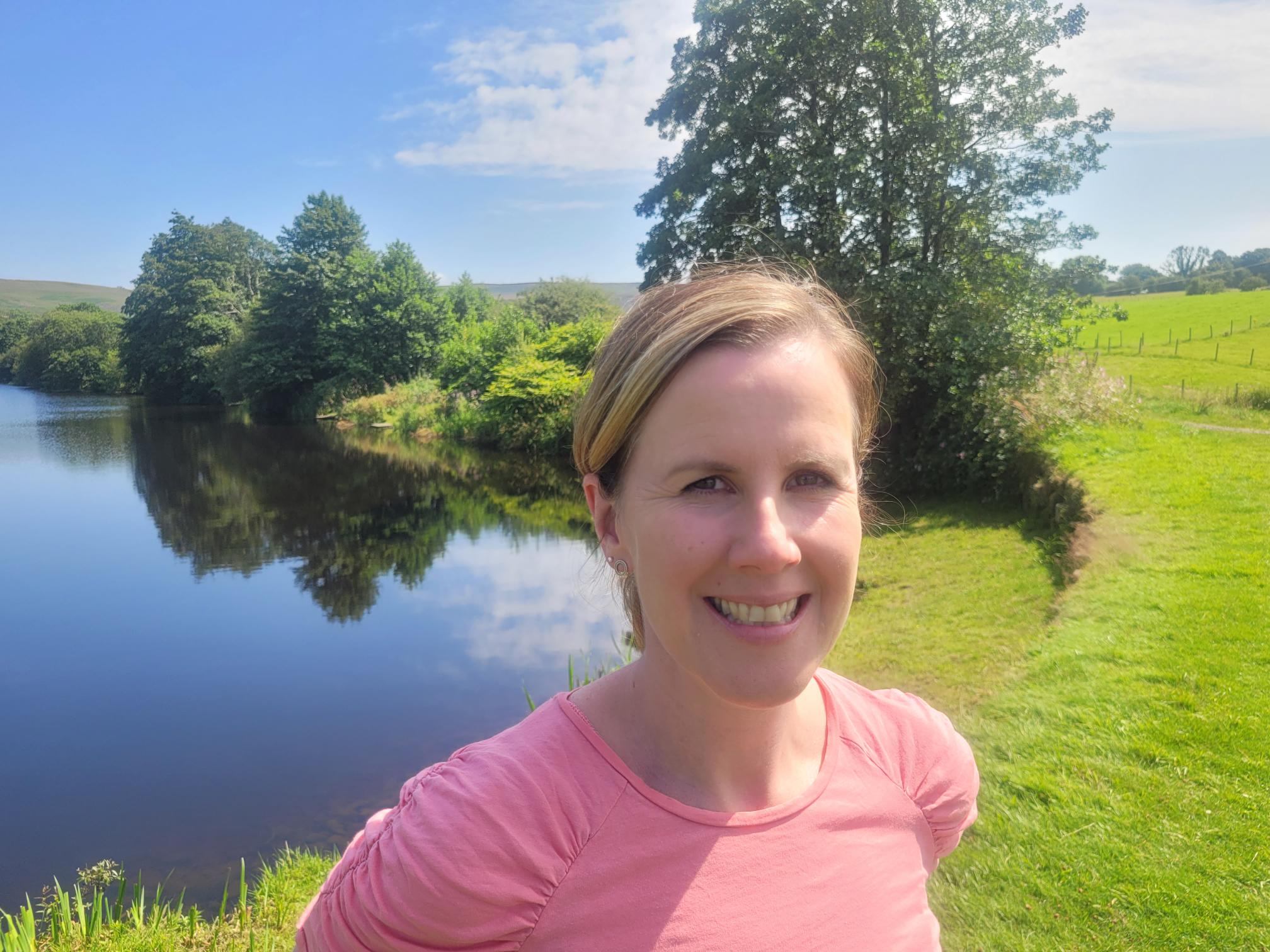
I’m Nicola, an Engagement Officer for Our Future Coast. I lover all things geographical and in a previous life was a Geography Teacher. I am passionate about working with communities and helping them to understand and adapt to climate change.
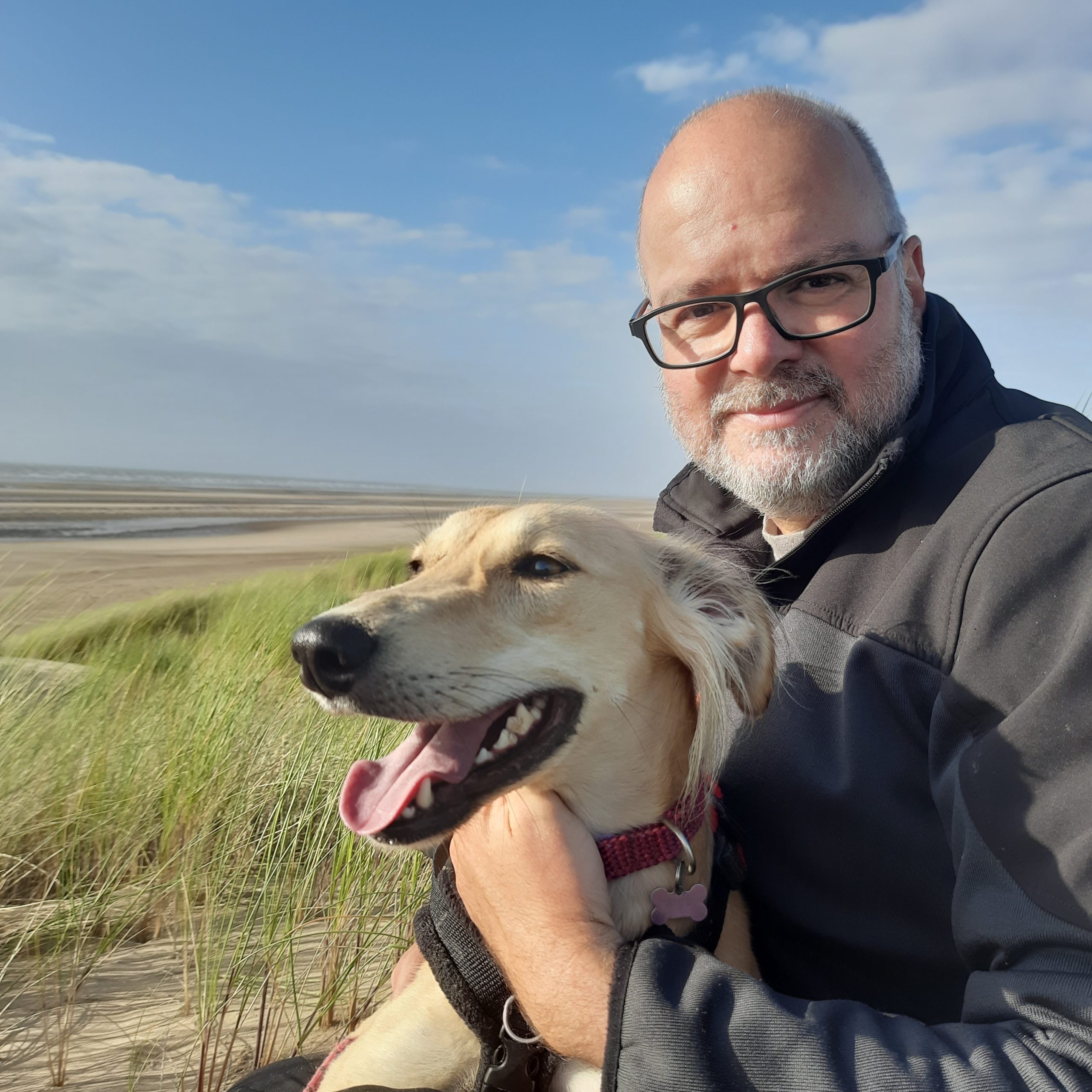
I’m taking the lead on the delivery of the monitoring package and supporting other areas, especially adaptive pathways for delivery of the Shoreline Management Plan Policies. My background in coastal management and the past development of Shoreline Management Plans as well as research projects should help me to make a positive contribution to this project.
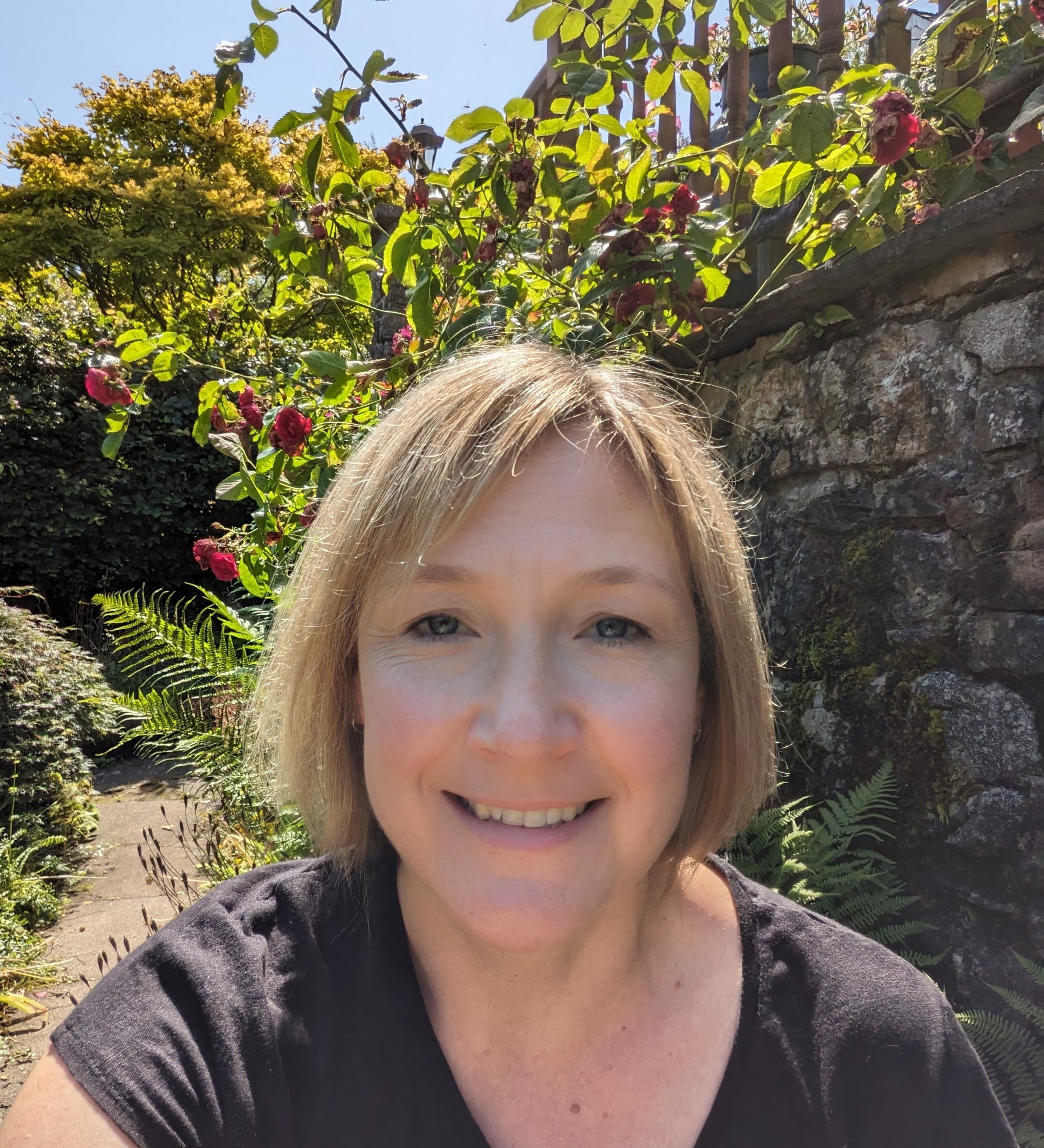
I’ve worked with coastal charity Morecambe Bay Partnership for 10 years, leading community engagement programmes, and previously spent 15 years in the heritage sector as a curator and manager in roles connected to the northwest coast. A Team Leader at MBP, I enthusiastically champion partnership working and creative methods to achieve effective community engagement. I manage two of the Our Future Coast delivery team, hosted by our charity, who are leading on engagement activities. I also supported the early development of the project, along with aspects of monitoring and evaluation
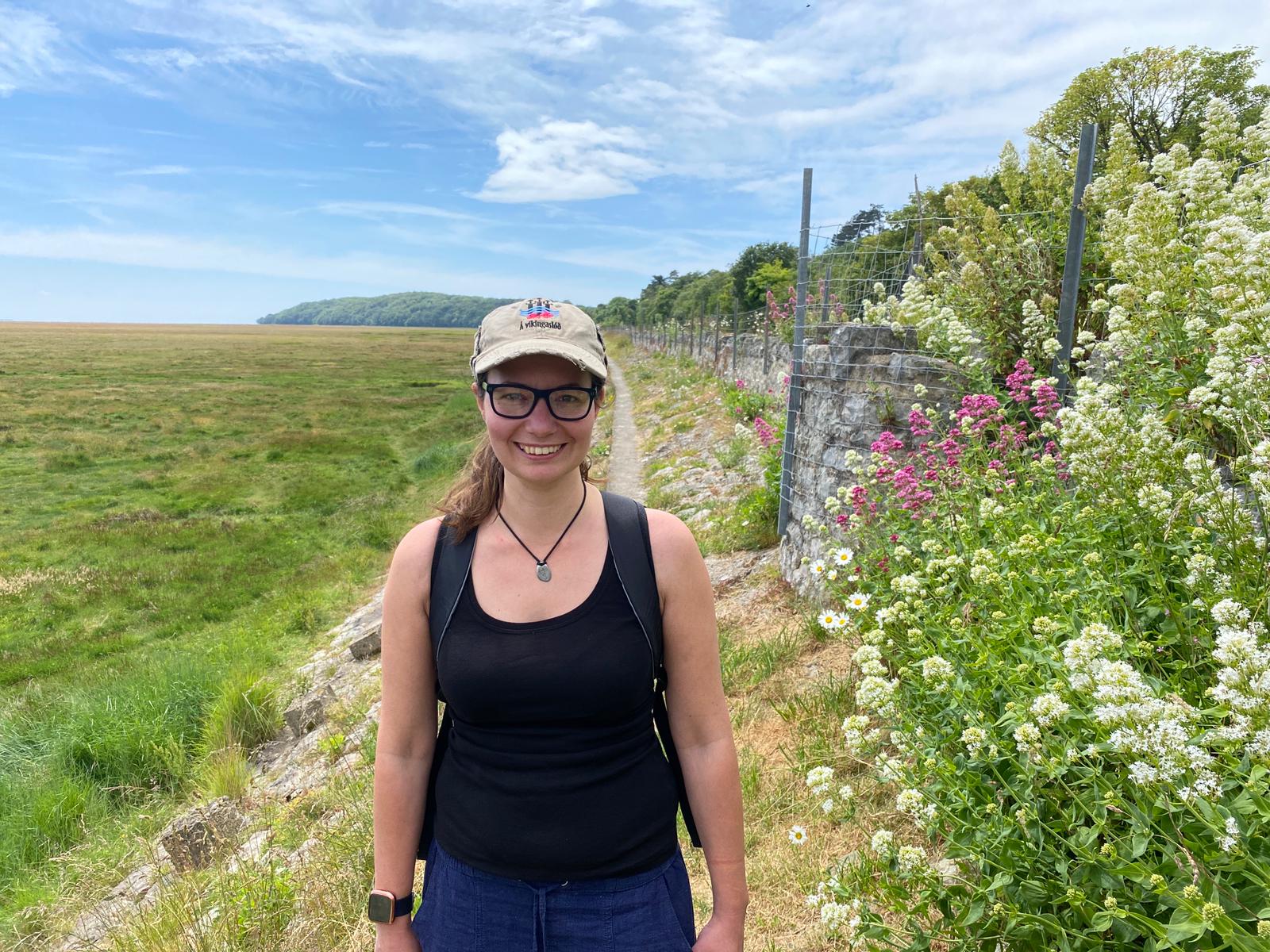
Claire is the Archaeology and Heritage Officer at Morecambe Bay Partnership. She is working with local volunteers to discover historical information which will help us understand the long-term patterns of coastal change at our sites. Using records of past coastal changes, flood events, and human impact, the project seeks to understand how the North West coastline has formed and how it may change in the future. Claire has a background in community heritage with over 12 years’ experience in organising volunteer training and research projects. She has a passion for sharing the stories of past people and helping others to explore their heritage.
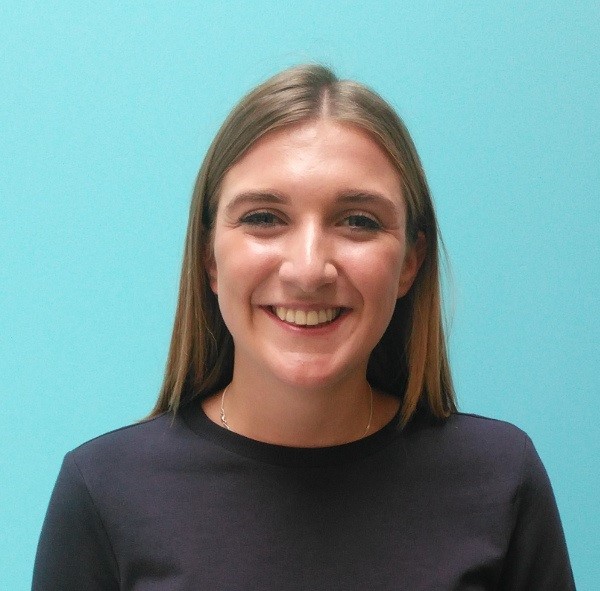
Katie serves as the North West Shoreline Management Plan (SMP) Coordinator, supporting the North West North Wales Coastal Group in delivering sustainable coastal management. She ensures shoreline policies align with environmental, economic, and social considerations.
Katie oversees the development, implementation, and monitoring of the SMP, strategically mitigating coastal erosion, flooding, and climate-related challenges. She collaborates with local authorities, governmental agencies, environmental organisations, and community stakeholders to balance development with environmental protection.
Focusing on evidence-based decision-making, Katie coordinates data-driven approaches to assess coastal risks and inform adaptive management strategies. Staying informed on research and regulations, she ensures the SMP remains robust and responsive. Through workshops and consultations, Katie empowers partners and wider stakeholders to actively engage in coastal resilience and sustainability. She is committed to fostering greater public awareness and participation in shoreline management initiatives.
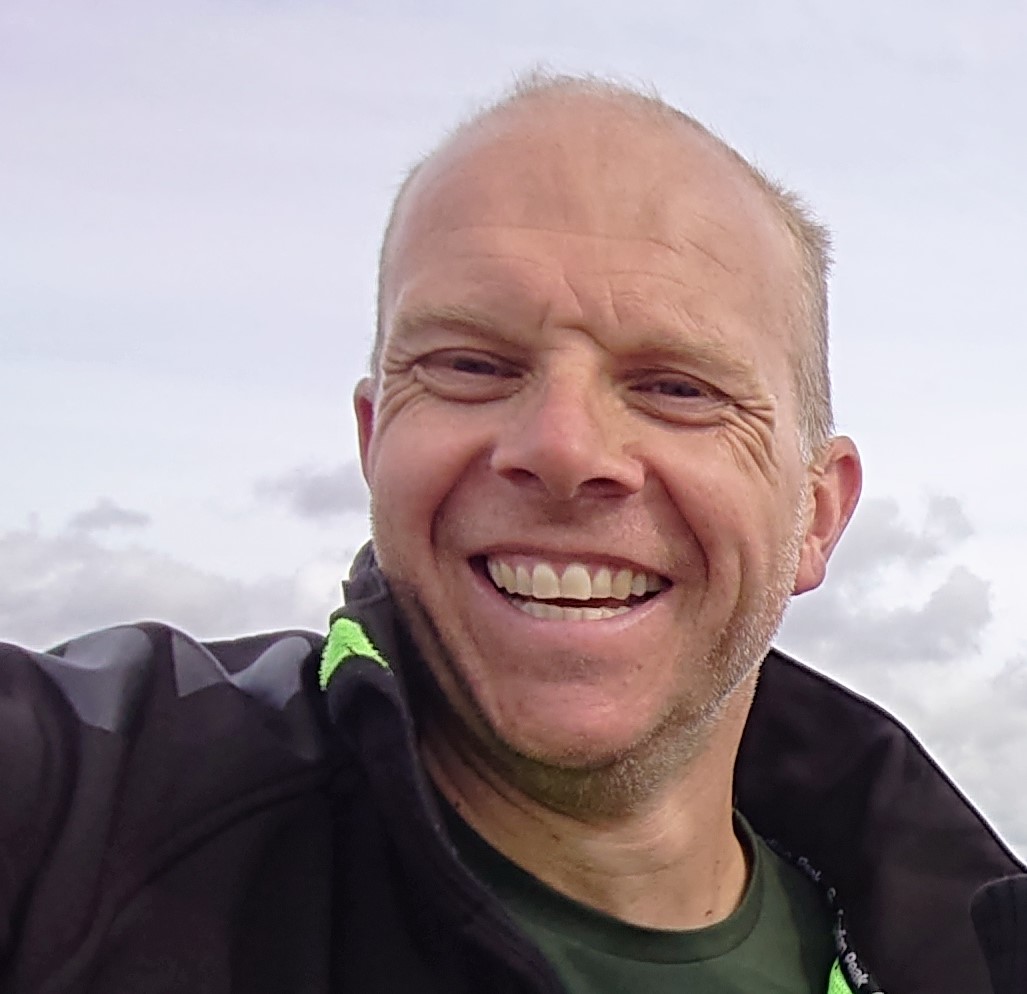
Whilst my job title is Flood and Coastal Erosion Risk Management Officer at Sefton MBC, it doesn’t fully explain my role as I also co-ordinate coastal monitoring for the North West Coastal Monitoring programme. We cover from the Welsh border in the Dee up to the Scottish border in the Solway and we use several different survey methods to record the topography of the beaches and sea bed.
For OFC, whilst I provide the survey data, which is freely available, I also help monitor several of the interventions with the mobile mapping (Lidar) backpack and other techniques.
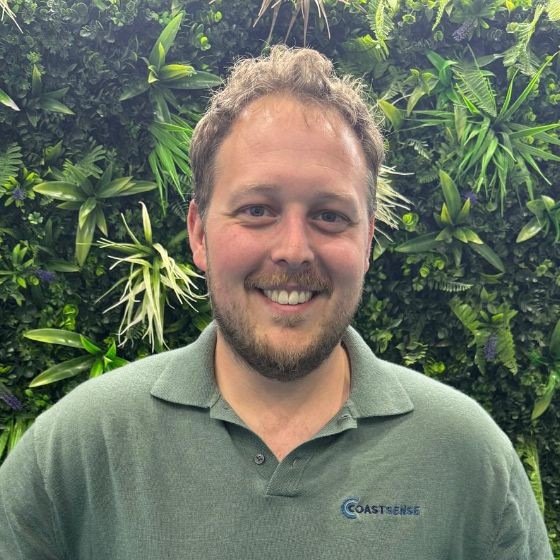
Cai is Director of Science at CoastSense, a coastal monitoring solutions provider with a specialisation in remote sensing and marine radar. Cai completed his PhD in Radar Hydrography in 2016 working with the National Oceanography Centre and University of Liverpool to develop novel methods of mapping dynamic and difficult to monitor nearshore areas. Since then he has been working at CoastSense to provide novel monitoring, data analysis and interpretation services to coastal practitioners. Following some years of large-scale data collection at sites all around the coast of England, Cai is now working with the Our Future Coast project to push the limits of nearshore remote sensing in the extremely challenging and dynamic Morecambe Bay environment. As a result of the project, he hopes to improve the useability and quality of radar monitoring data by working with project partners, and ultimately curate an accessible, valuable national data asset that can be used to help design the best coastal defence interventions.
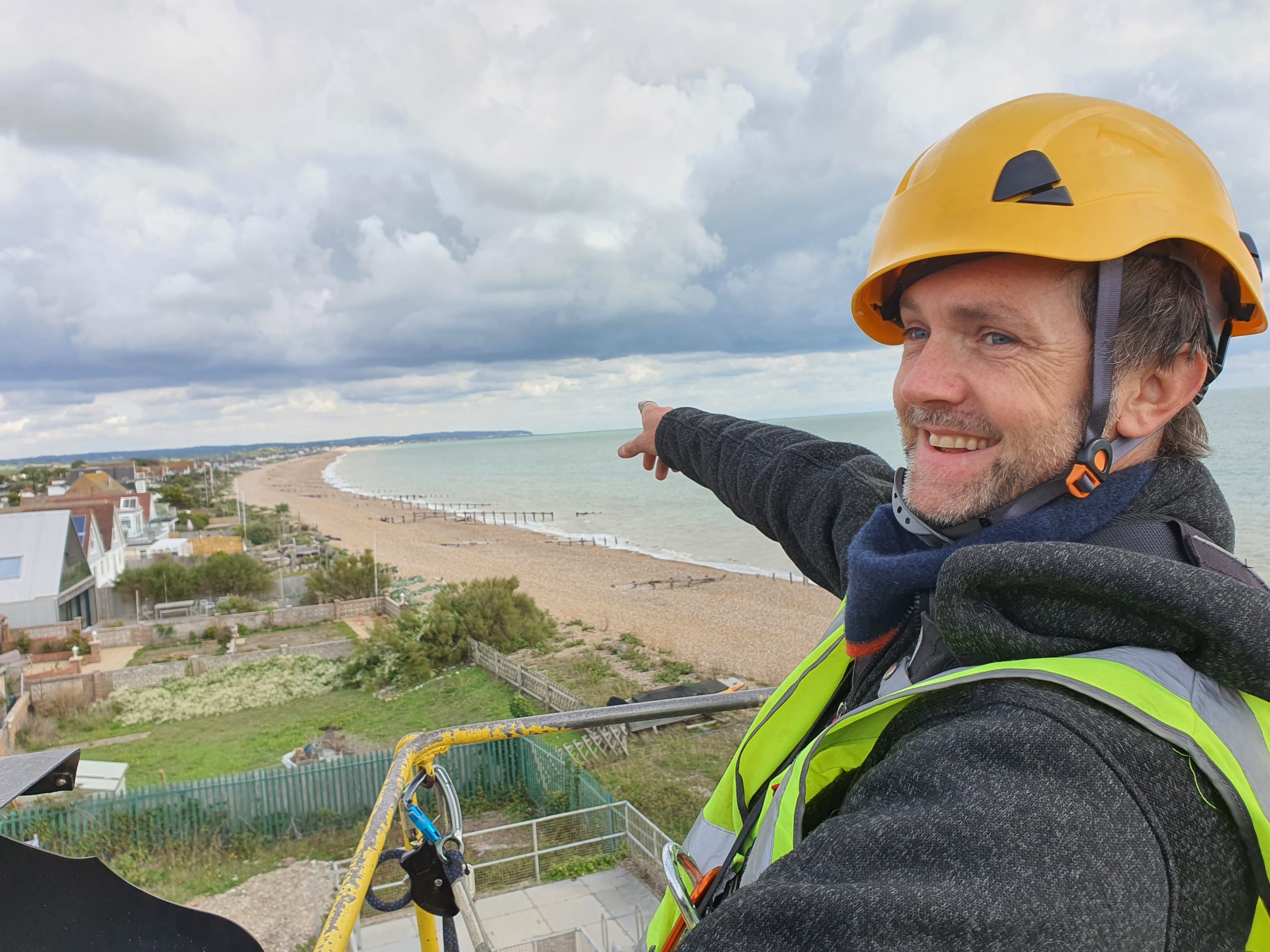
Alex is Director of Product & Business Development at CoastSense, he is at heart a problem solver and sees the gaps in the existing methods of coastal monitoring that can be filled by Remote Sensing. Alex is a chartered engineer with over 30 years’ experience in a range of engineering disciplines, including electronics and electrical design, control systems, radar systems, off-grid and autonomous systems, robotics and more. Before designing and installing radar-based systems, Alex spent a decade in R&D of multimillion-pound astronomical telescopes.
As part of Our Future Coast Alex leads a team of CoastSense engineers in keeping the radar monitoring deployments up and running as part of work package 3. He is excited to see how natural flood management solutions can be trialled in the northwest and how innovative data sets can help design them as part of this project.
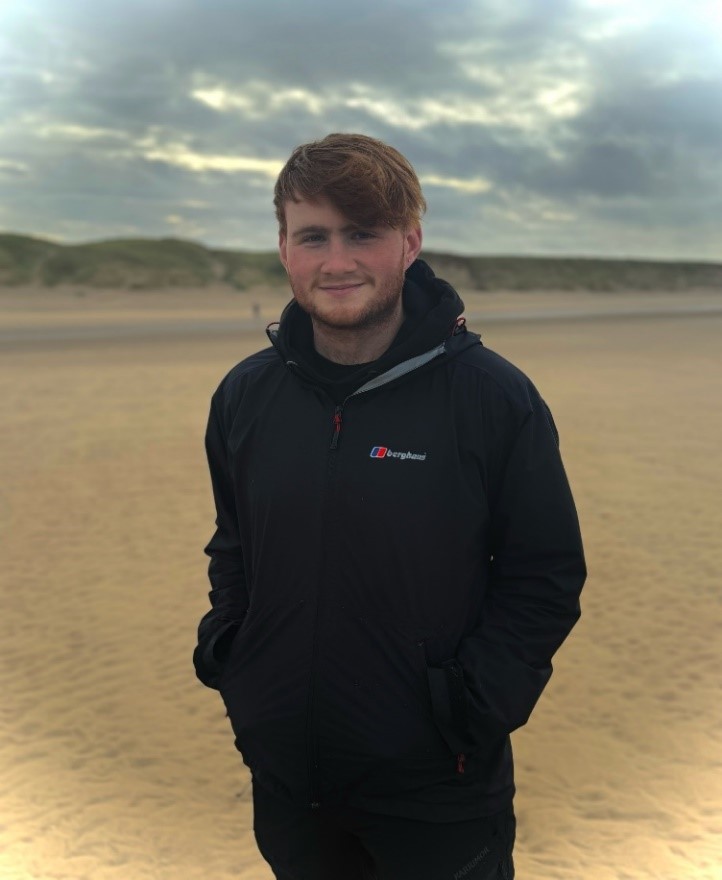
I support Our Future Coast by working closely with local farmers and landowners in the Wyre catchment and covering the OFC scope to promote sustainable land management practices. My role involves providing guidance on nature-based solutions and alternative farming techniques to enhance biodiversity, improve soil and water management, and strengthen flood resilience. By collaborating with partners, experts and stakeholders, I aim to ensure that the agricultural practices contribute to the long term health of the rivers, waterbodies and coast. I am passionate about finding practical, sustainable solutions that benefit both farming livelihoods and the natural environment.
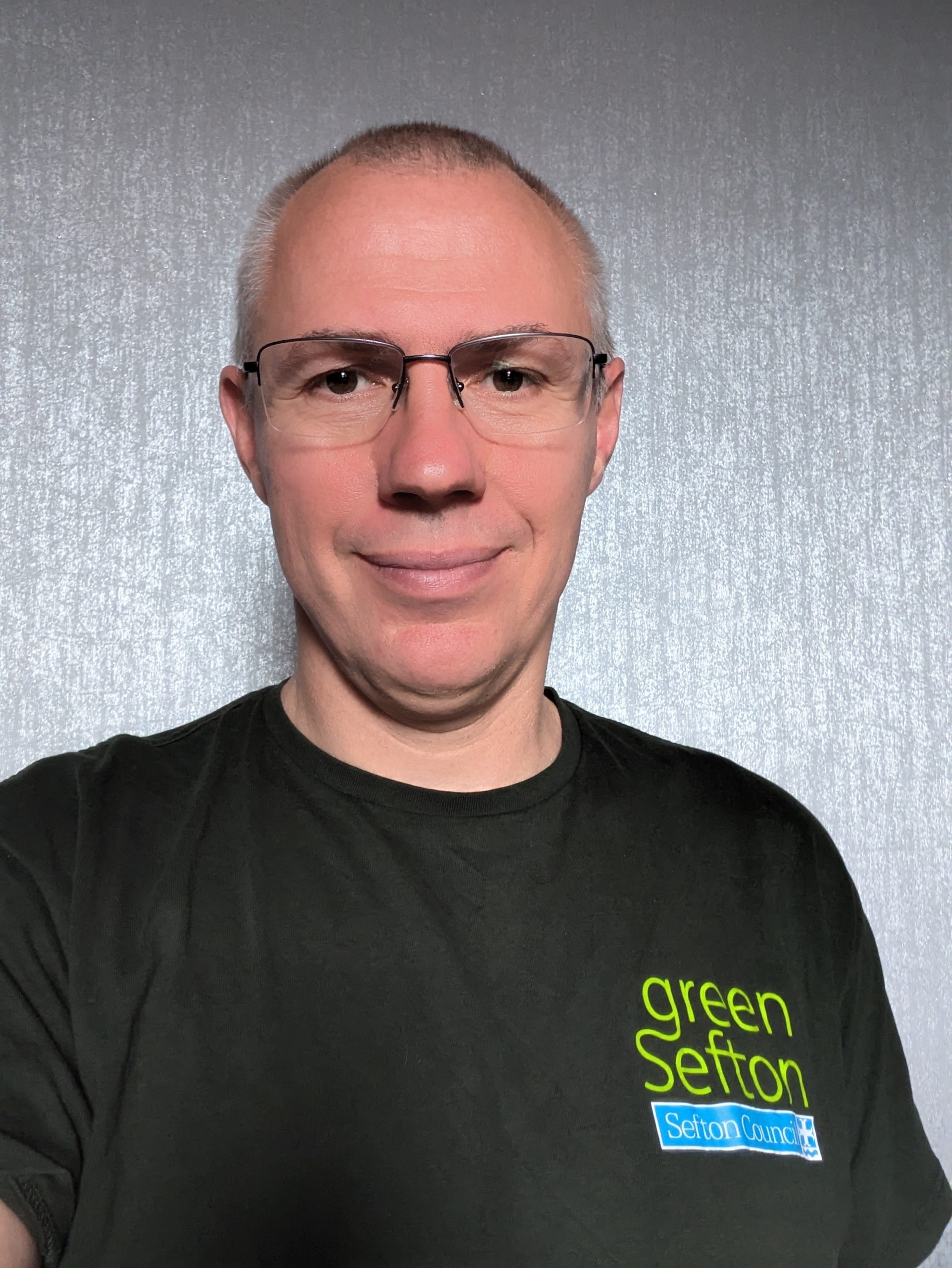
Paul has worked at Sefton Council for almost 25 years in ever evolving roles from a coastal officer working on EU Life projects to Green Sefton’s Development Manager that team includes Flood and Coastal Erosion Risk Management, parks and greenspace development and leading on the North West Regional Coastal Monitoring Programme.
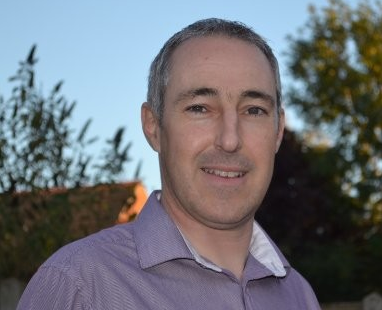
Paul is the lead engineer at Lancaster City Council and has over 30 years’ experience in design, construction and maintenance of engineering assets, having worked in various engineering and flood risk roles. His background also includes experience of working closely with a variety of stakeholders, partners and communities to provide collaborative and sustainable flood risk schemes, including delivery of Natural Flood Management.

Ian has recently joined Wyre Borough Council, bringing a wealth of experience working for development companies and consultancies. During the last 5 years he helped set up and manage ABP DevCo an entity created to find creative uses for and ABP’s extensive unutilised estate, while enhancing the company’s environmental credentials.
Ian has experience working across the full lifecycle of projects. He enjoys leading design teams to find environmentally sustainable solutions to challenging problems, maximizing both the ecological and monetary value of each asset. He is passionate about the environment and focused on promoting nature-based solutions
He has consistently delivered extremely complex projects, on time, within budget and to exacting standards. Ian has worked on numerous occasions with third party funders and stakeholders, from large pension and sovereign wealth funds as well as government departments, on each occasion managing relationships and the reporting process.
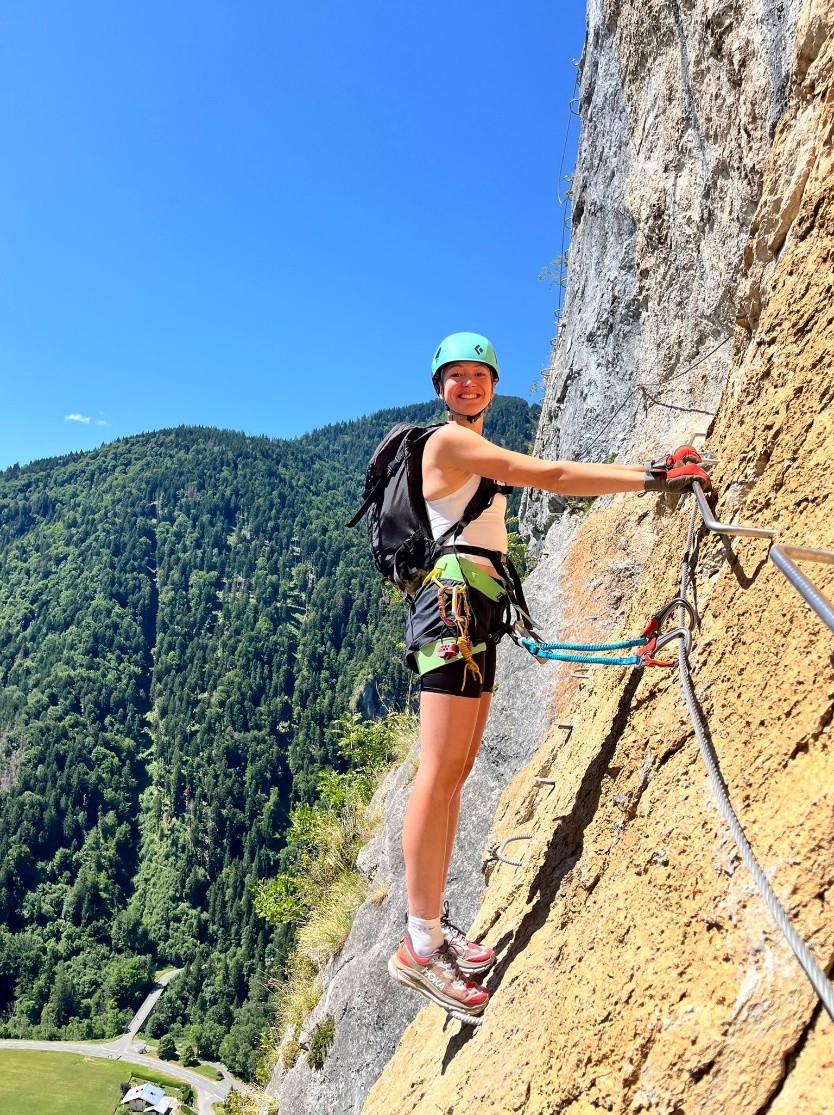
I am a Flood and Coastal Risk Management Officer (FCERM) for Westmorland and Furness Council. I have only been in the role since January 2025, and I am currently project lead for Road Island, Humphrey Head and West Shore Park through the OFC. I have only been in my FCERM role since January 2025 and have only been project lead since April. Before my role in the LLFA I spent 8 years as a secondary school geography teacher, teaching from year 7 to A-level. I was Head of Geography for 5 years in Huddersfield before moving to beautiful Cumbria two years ago.
My background is in physical geography which I studied for my degree, and I have an interest in coastal environments, community resilience to natural hazards and climate change.
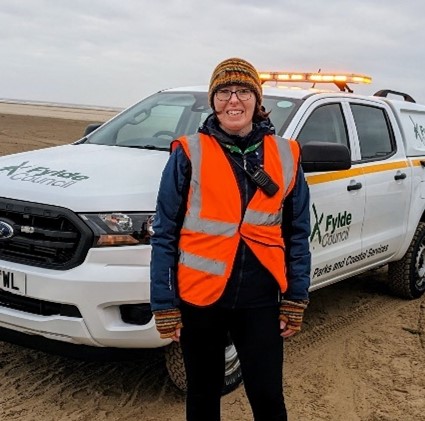
My title is Senior Coast and Conservation Officer
I manage the Ranger and Beach Patrol services at Fylde Council, which covers habitat management, outdoor education, and public engagement.
I also lead on conservation and ecological improvement projects across the borough including the amazing Fylde Sand Dune Project.
Growing up in the land locked Midlands means I am now drawn to the coast at every opportunity!

Amy Pennington is the Senior Engagement Officer at Lancashire Wildlife Trust, leading on community outreach for the Fylde Sand Dunes Project – feeding into the wider Our Future Coast programme. With a background in marine conservation and a passion for connecting people with nature, Amy specialises in translating complex coastal resilience concepts into engaging, accessible experiences.
From delivering coastal events and engaging presentations to leading Beach School sessions and the Blue Influencers programme, Amy ensures that coastal communities are not only informed but also inspired to take part in nature-based solutions for flood and coastal erosion risk management. All in a day’s work to foster a deeper connection between people and their coastal environment.
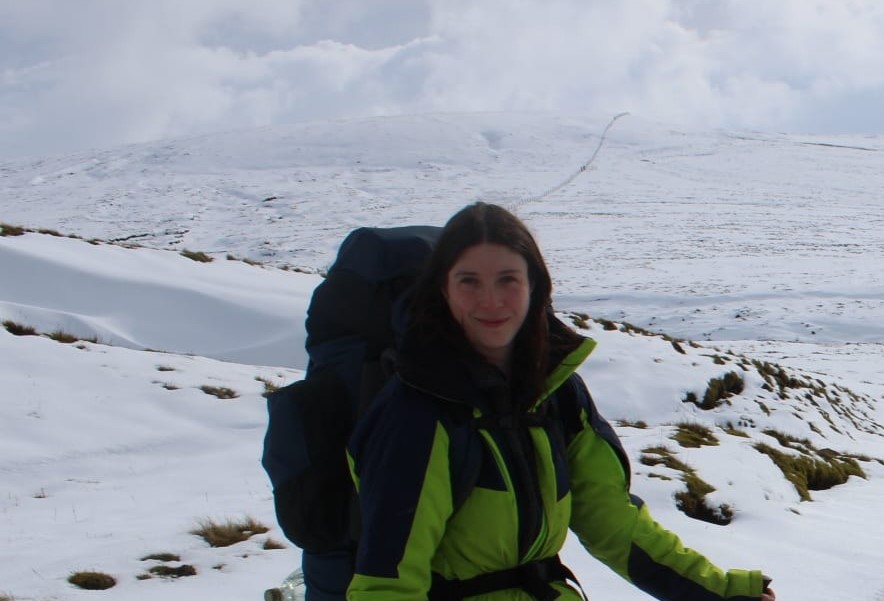
I work as the Estuary Restoration Officer for the Wyre Rivers Trust. My role focuses on improving the Wyre Estuary for the environment, wildlife and people alike. I joined the Our Future Coast (OFC) programme in April 2024 as the OFC Stanah project site lead. I have obtained degrees in marine biology. Previously I have worked in inshore fisheries management, species and habitat restoration and biodiversity monitoring in freshwater, marine and estuary environments across the North-East, London and internationally. I’m passionate about working to restore estuaries to enable wildlife to thrive, to create positive community development and to ensure the resilience of valuable coastal habitats into the future.
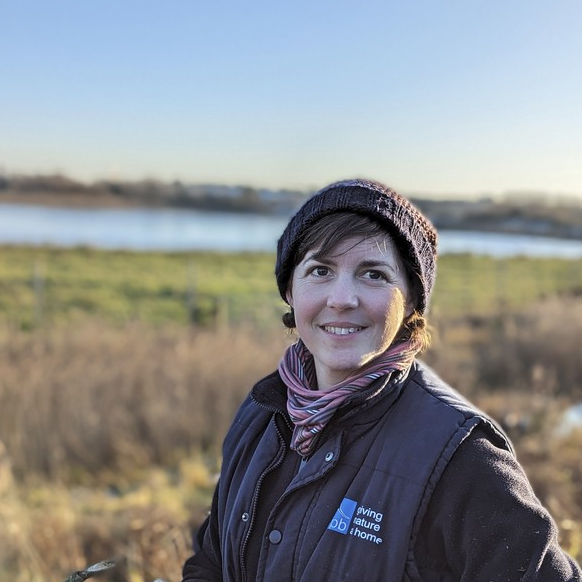
I have worked for the RSPB on the Ribble Estuary since 2010, first as the Warden and then as Site Manager since 2022. We have two nature reserves; Marshside in Southport and Hesketh Out Marsh near Hesketh Bank. Both reserves support internationally and nationally important populations of wintering and breeding birds.
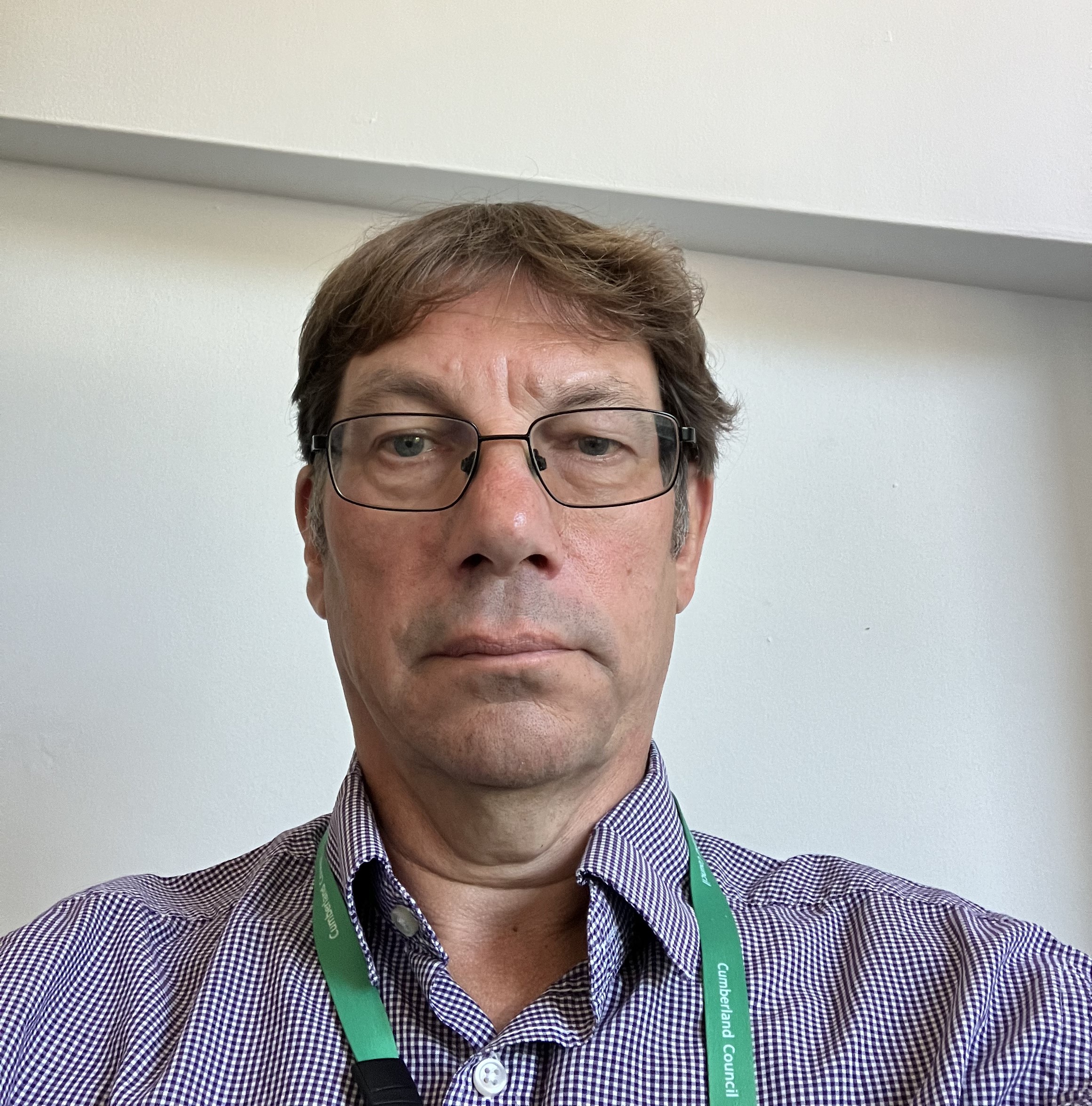
I currently work for Cumberland Council as Flood and Coastal Defence Officer within the Flood and Development Management Team, covering the coast from Duddon Bridge, one end of the Millom Marshes Our Future Coast site, all the way up to the Scottish border. Before Local Government Reorganisation my role was within the Environmental Health Team at Copeland Borough Council with less than half the current distance of coast to cover.
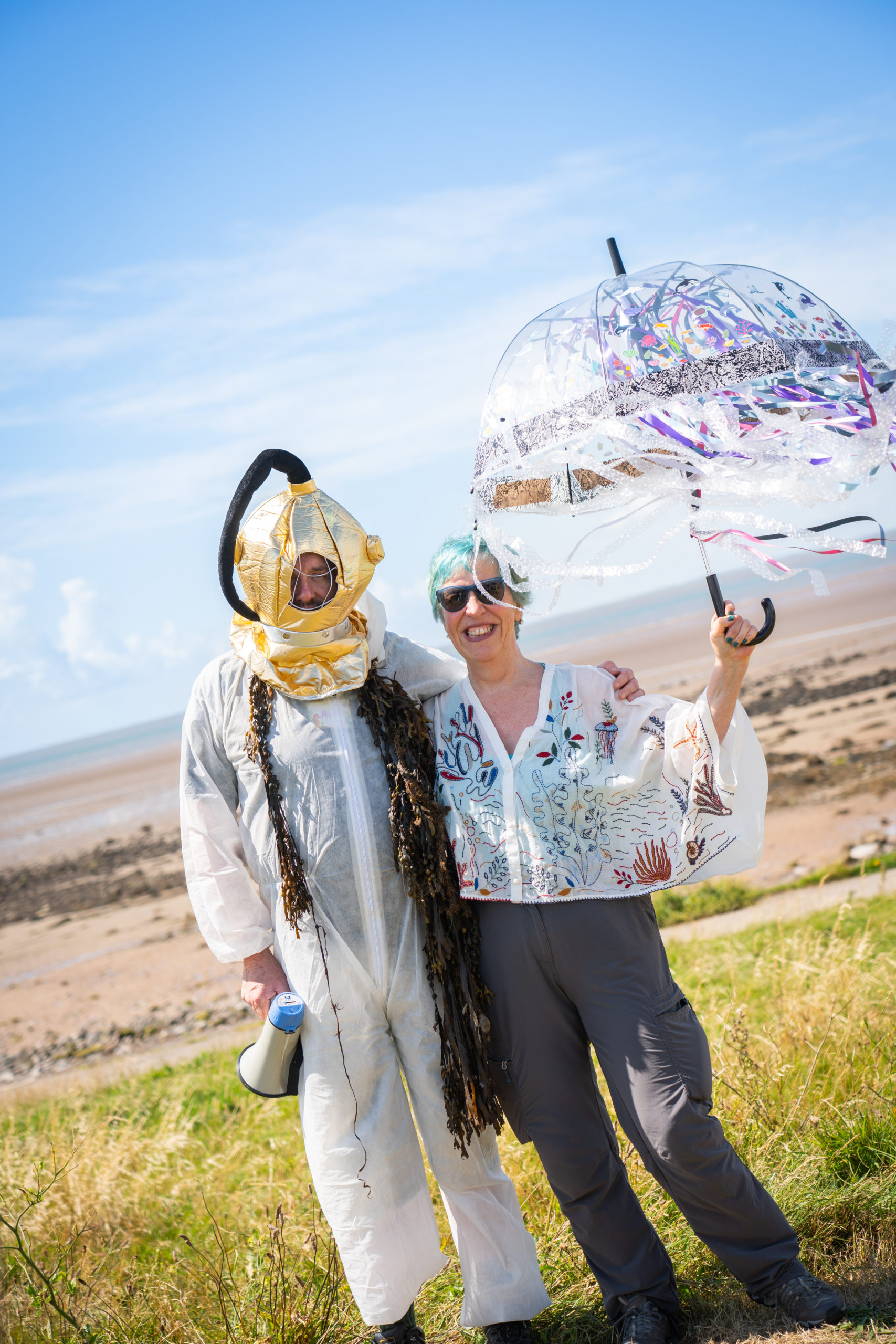
Conservation Advisor with Lancashire Wildlife Trust (LWT), covering north Lancashire & have worked for LWT for nearly 30 years. Since 2008, I have developed the Fylde Sand Dunes Project alongside our key partner (Fylde Council) and since 2012, alongside the Environment Agency/Blackpool Council when Flood and Coastal Erosion Risk Management (FCERM) funding was secured and the current partnership established. I developed the Our Future Coast engagement work programme alongside Susannah and Michelle and I now line-manage the Engagement Officer South, act as the Site Lead for the Blackpool/Fylde Dunes and provide technical support where required. Occasionally masquerade as a jellyfish!
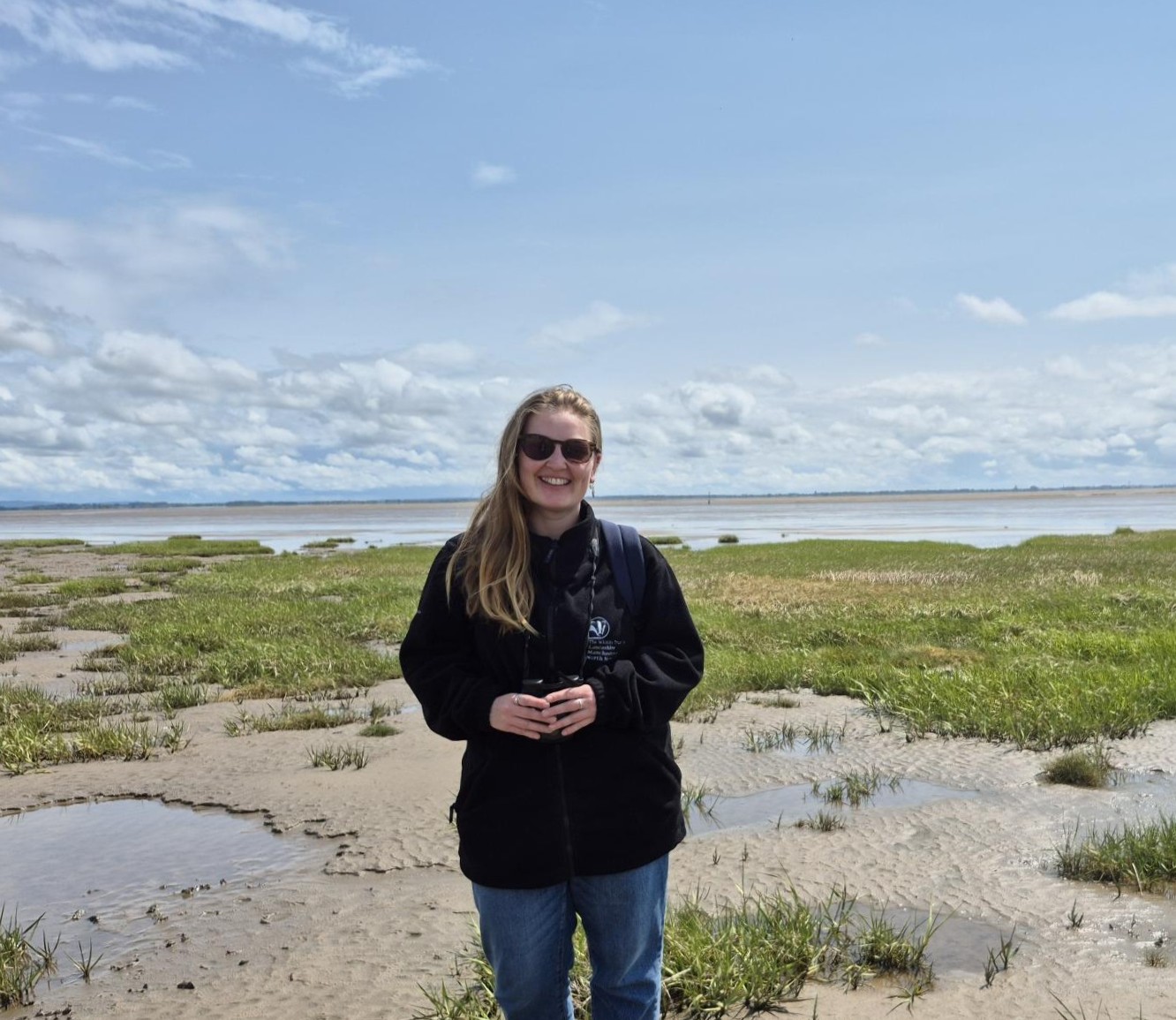
Growing up on the northwest coast, I’ve always had a strong connection to our coast, so I’m especially excited to be part of a project focused on understanding coastal habitats and their role in strengthening natural coastal defences.
My role, hosted by the Wildlife Trust for Lancashire, Manchester & North Merseyside, involves monitoring and assessing saltmarsh and sand dune sites across the project area. This work helps us understand the value of these habitats as nature-based solutions to the challenges facing our coastline. I ‘ll be also work closely with volunteers to support engagement, surveys, and restoration trials along the Fylde coast
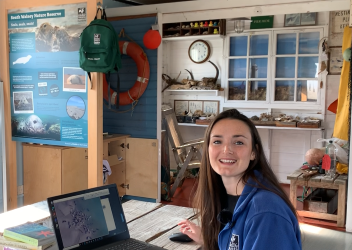
Georgia is Head of Marine at the North West Wildlife Trusts (based out of Cumbria). She hold a MSc in Marine Environmental Management.
She is responsible for overseeing a diverse range of marine policy, community engagement, conservation and internship projects across the Trusts, as well as leading on marine policy and advocacy, particularly around Marine Protected Areas, fisheries and offshore development.
Before joining the North West Wildlife Trusts, Georgia worked as a research assistant at the University of York looking at sustainable fisheries globally and coral friendly development in the Maldives. Before that she spent a number of years sailing and diving around the world.
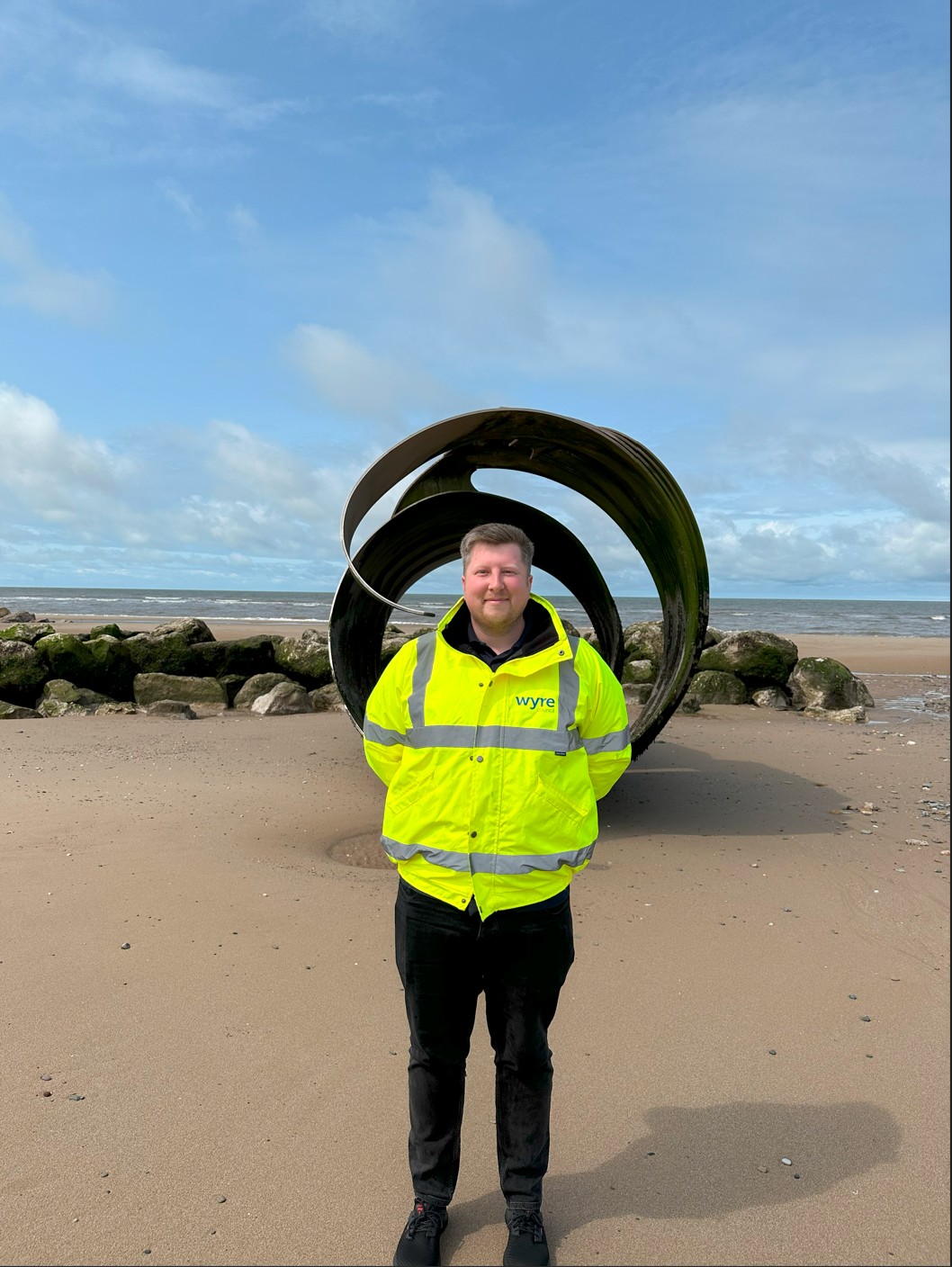
Ryan is a dedicated Apprentice Civil Engineer playing a key role in the Our Future Coast programme. Specifically, he manages the Pilling site, where he is involved in demonstrating how changes to land management practices can reduce flooding and benefit the environment, all while remaining economically viable for the local community. This involves close collaboration with landowners, farmers, and other stakeholder to co-design and trial effective strategies.
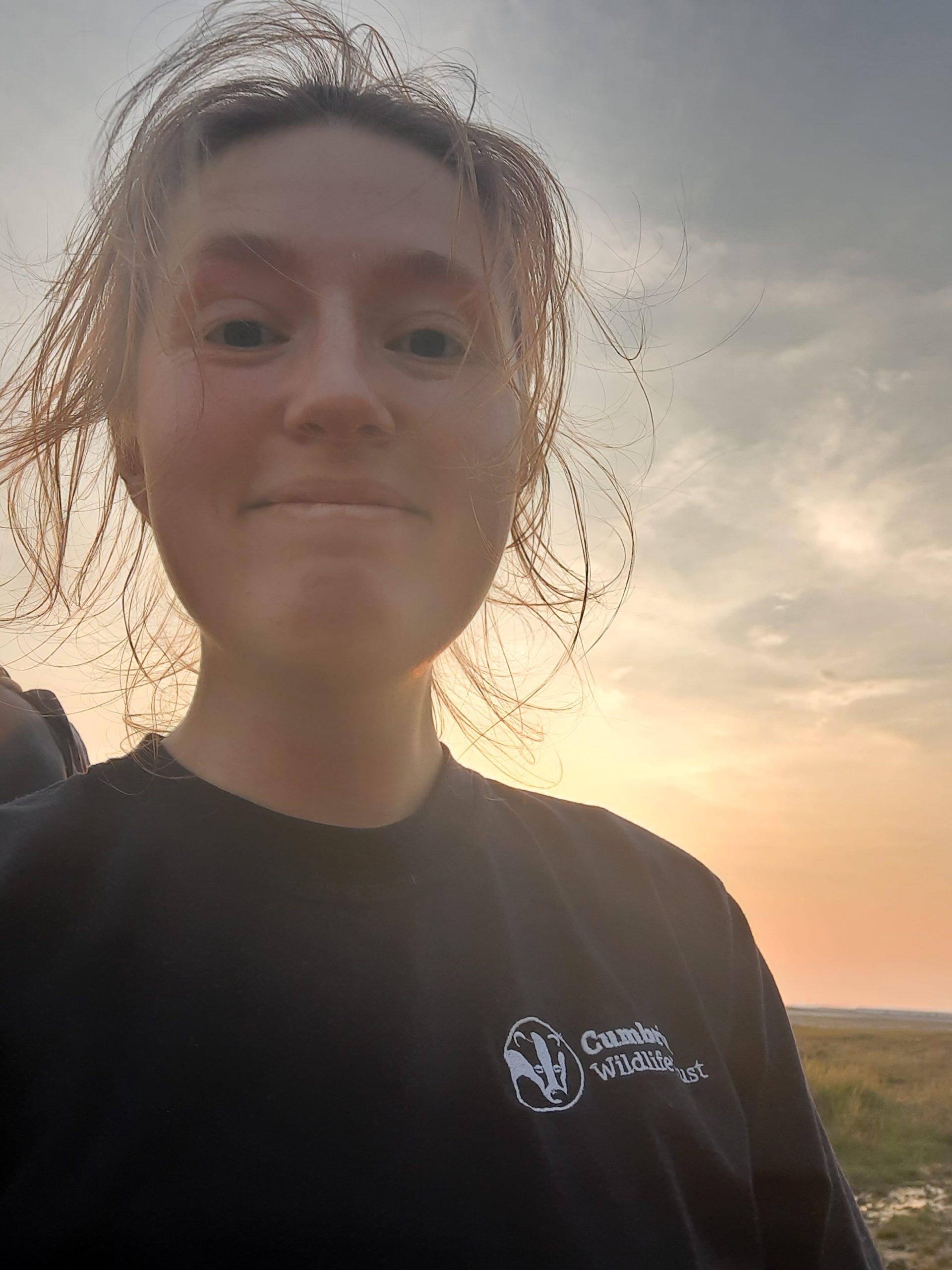
Amber has worked within the marine team of Cumbria Wildlife Trust for 3 years, running projects on community engagement, ocean education and marine restoration. They are currently the project lead for the Walney Channel seagrass restoration project, which hopes to improve the condition and extent of seagrass within the Walney Channel, alongside researching the conditions seagrass thrives under and the benefits it brings to the north west coastline.
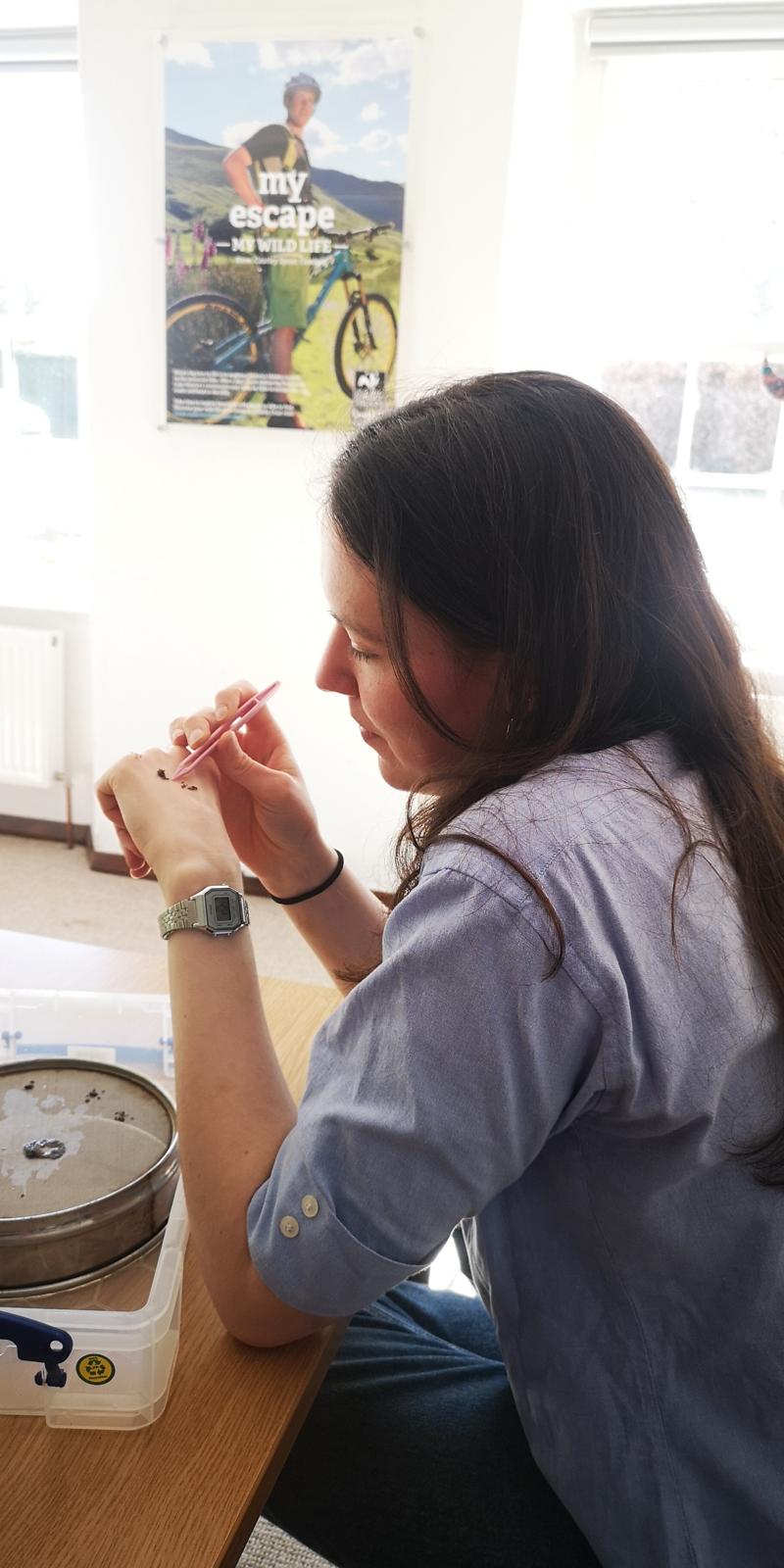
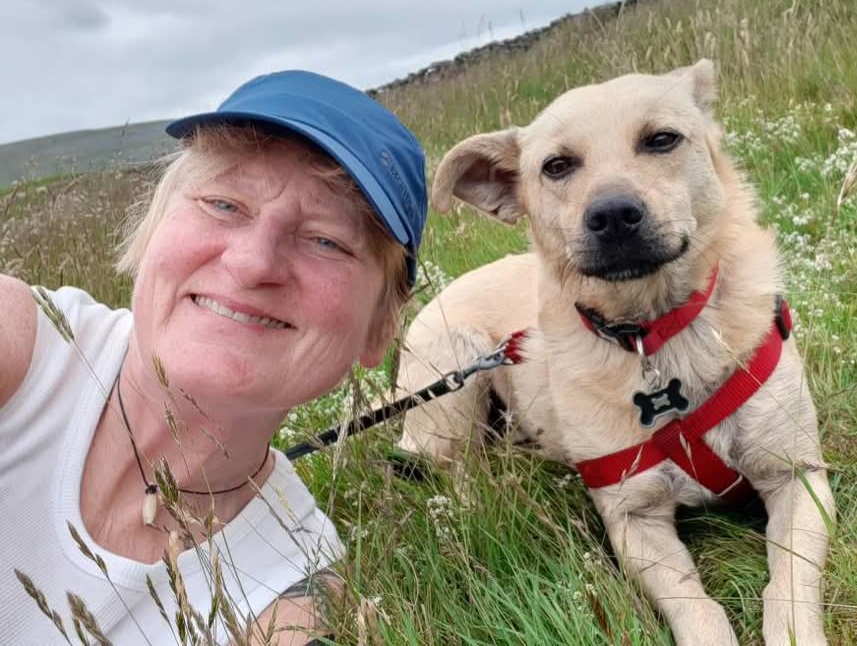
Mandy Knott is Natural England’s Nature Recovery Network Senior Officer for the Cheshire to Lancashire team. Having re-trained as a mature student in Marine Biology, Marine Environmental Protection and Coastal Management her focus is on coastal recovery in Lancashire and Morecambe Bay. Mandy lives locally to the Bay and was the Senior Scientist at the Northwestern Inshore Fisheries and Conservation Authority for 10 years, with plentiful experience of surveying intertidal invertebrates out on the sand and mudflats of our wonderful coast. Partnership working and building relationships with stakeholders whose lives and livelihoods are intrinsically bound up with our coastal areas are central to her work.
Mandy is Project Lead for the new OFC Cocker Channel project near Cockerham working with Lancashire Wildlife Trust and the Environment Agency along with the coastal community, farmers and landowners in the area.

I am an experienced Project Manager specialising in Local Authority capital programme delivery and Flood and Coastal Risk Management. As a Lead Officer within a Lead Local Flood Authority I lead on delivery of works and serve as lead officer for S19 reporting and as statutory consultee role as LLFA. I have delivered a range of highways and flood alleviation schemes, two of which have been shortlisted for LGC Awards.
In addition to my core role, I served as one of the Managers during the Local Authority’s COVID-19 response, for which I received a Certificate of Commendation from Cumbria Resilience and Cumbria Constabulary. I also led risk management planning for Cumbria’s Local Government Reorganisation as Programme Lead.
With a track record of delivering multi-million-pound highways and flood risk contracts, I work closely with Central Government departments, the Environment Agency, ADEPT, contractors, and consultants. I have a strong foundation in procurement, risk management, scheme development and project governance.